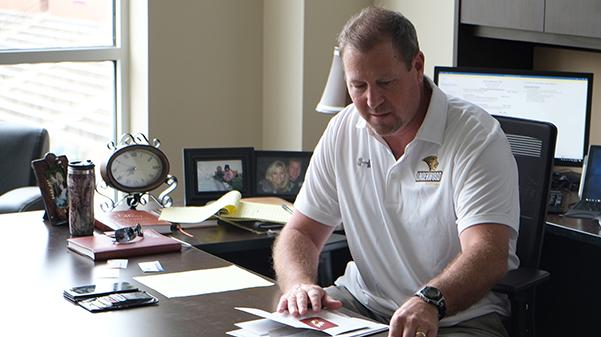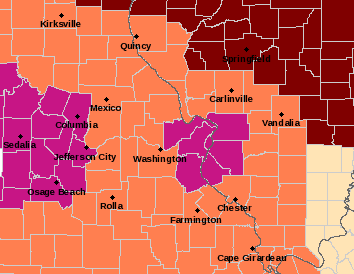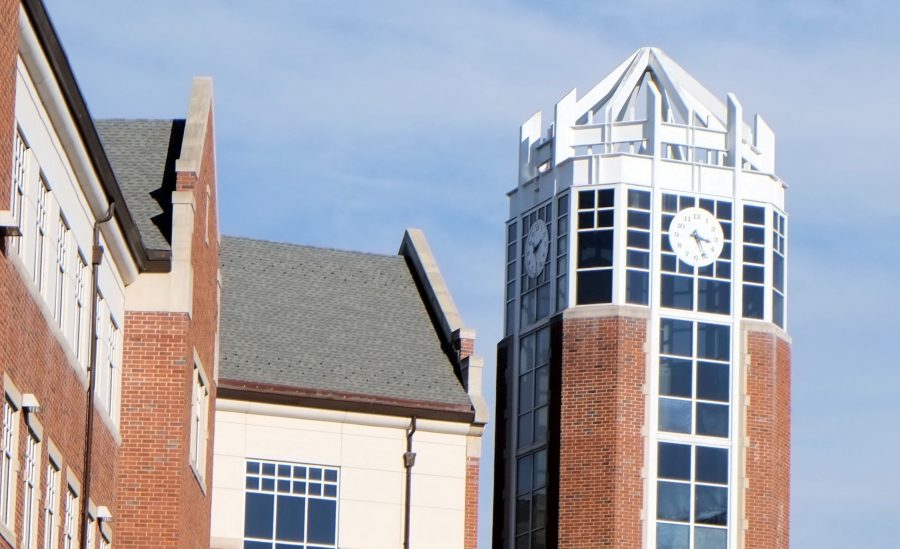Michael Sprague & Chase Stewart | Lindenlink Reporters
Construction is well under way on the two Lou Brock Sports Complex fields, turning them from natural grass fields to completely turf fields.
The change follows seasons that resulted in rescheduling or cancellation issues for both the baseball and softball teams after heavy rain. The turf fields, while not an end-all, will help alleviate the problem.
Softball coach Don Lober said that as long as the rain stops, games can be played.
“That rain will just wash down right through the field and then through the main drainage on the side. Essentially there will be no standing water,” Lober said.
The fields will be entirely covered by a turf carpet overlay. The traditional grass areas will consist of about an inch-and-a-half tall plastic grass with little rubber pellets filling out the underneath.
As for the infield, baseball coach Doug Bletcher said that took a little bit more discussion.
“The infield dirt area, or where you’d think it would be, is going to be a light colored carpet composed of 40 percent sand and 60 percent rubber,” Bletcher said. “Then 75 percent sand and 25 percent rubber on the warning track so you can hear and feel when you run on it.”
While less scheduled maintenance is the primary motive, the style and speed of play is also something the coaches say they like.
“We played in a tournament in Minnesota last year in the Rochester Dome. It was artificial turf and the girls just loved it,” Lober said.
Bletcher said there will be critics, but they will subside.
“It’s really a misnomer the new turfs are very slow,” Bletcher said. “You have to be creative in speeding it up and getting it to be a little firm.
“The first year there will be some complaints about balls that don’t get through the infield, but they’ll adapt,” he said.
With a turf field, the programs no longer have to get the field ready to play in a traditional sense. That is, the infield dirt does not need to be prepped, the grass does not need to be cut, etc.
But the turf field will still require maintenance.
“We thought we had a life-long vacation early on relative to working on the field, but then we were in for a rude awakening,” Bletcher said.
Things that will pose potential problems are sunflower seeds and gum, harboring of bacteria inside the turf and the potential damage to the carpet because of metal spikes.
Bletcher said plans are already in place to prevent all these problems. The turf will be power cleaned multiple times per year to remove bacteria while a company can be called on a moment’s notice to repair any rips in the seams.
As for the seeds and gum, there are tools that can help, but if that fails, it will come down to the team.
“Whatever the machines leave behind, my guys will be down on their hands and knees picking out those seeds,” Bletcher said.
If all goes according to plan, the fields will be ready for open tryouts the first week of school.









